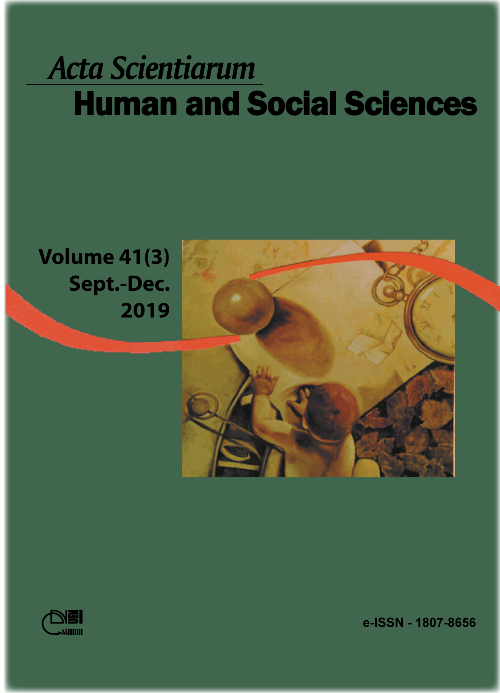A comparison between Prado Júnior's dialectic of knowledge and Lent's cognitive history: an opposition to gnosiology
Abstract
The investigation on how we think and build knowledge has always been central to philosophy. Several theories have already suggested the influence of dominant class and language power on how societies reproduce unjust, inefficient, and even unsustainable ideas and concepts from the environmental and future generations' point of view. In an unprecedented way and seeking to update the debate, this article focuses on two reflections from different contexts on this theme. It aims to verify the pertinence in assigning to a same type of epistemology the dialectic of knowledge and the cognitive history, proposed, respectively, by Caio Prado Júnior and Jeremy Lent. The choice to compare the ideas of the two authors – the first with a work published in 1963 in Brazil and the second in 2017 in the United States – is due to the similarity of some of its background formulations while starting from very different perspectives. In order to reach the announced goal, this work presents a comparative study between both propositions. At the end, it is emphasized that, despite the differences, both authors denounce bias of gnosiology and indicate that the most appropriate approach for the knowledge construction must contemplate the interaction between subject and object of thought as a complex, systemic and relational process.
Downloads
DECLARATION OF ORIGINALITY AND COPYRIGHTS
I Declare that current article is original and has not been submitted for publication, in part or in whole, to any other national or international journal.
The copyrights belong exclusively to the authors. Published content is licensed under Creative Commons Attribution 4.0 (CC BY 4.0) guidelines, which allows sharing (copy and distribution of the material in any medium or format) and adaptation (remix, transform, and build upon the material) for any purpose, even commercially, under the terms of attribution.
Read this link for further information on how to use CC BY 4.0 properly.
























